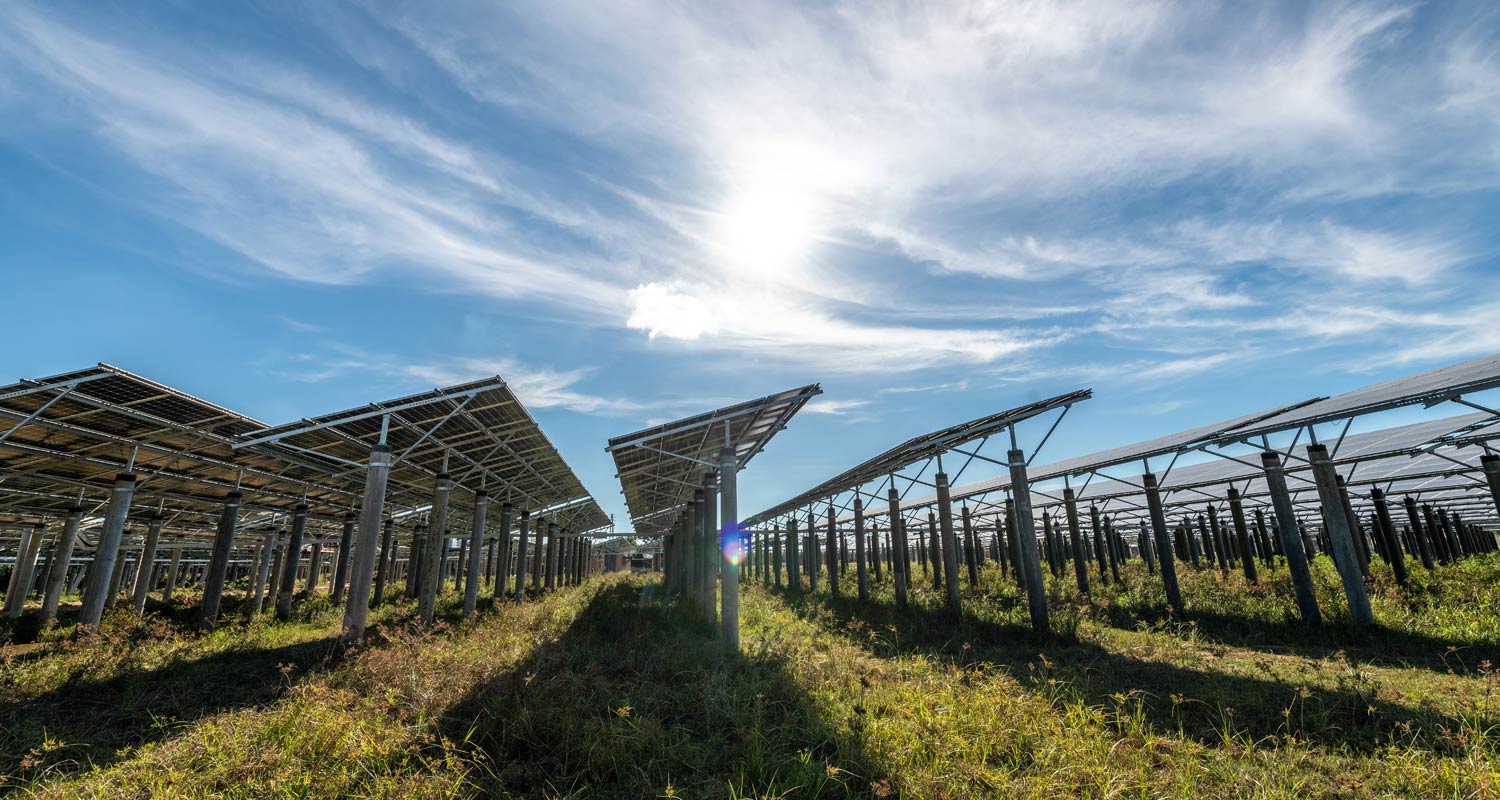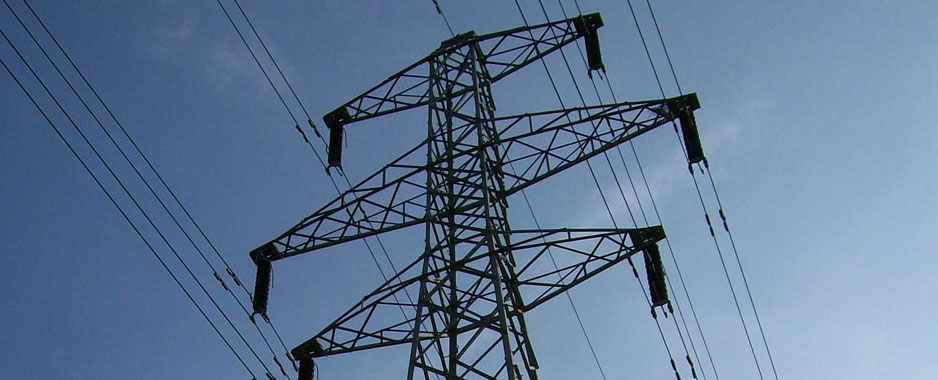
“Now, what I want is facts. Teach these boys and girls nothing but facts. Facts alone are wanted in life. Plant nothing else, and root out everything else.”
A hundred and seventy years later, Charles Dickens’ words in Hard Times (1854) resonate profoundly as South Africa stands on the brink of a brutal 40% electricity price increase and grapples with a staggering 34% unemployment rate. What consumers, businesses and government need now is a candid reckoning with the facts that will shape our nation’s future.
South Africa faces urgent challenges – energy insecurity, climate change, soaring unemployment, stagnant growth, poor educational outcomes and vast inequalities. And the impending electricity price surge highlights the critical need for affordable and reliable energy solutions at every level of consumption.
While the country may be dodging the crippling effects of load shedding, thanks to the uptake of solar and other renewable sources in residential and industrial markets, this fragile balance is a major structural constraint on economic growth. It hampers the attraction of long-term green investments, along with the jobs, skills and hope they bring. Imposing a 40% electricity tariff increase on an already burdened populace will jeopardize growth on multiple fronts.
Reports that energy minister Kgosientsho Ramokgopa is considering a delay in the carbon tax are alarming. Many of our key export markets are moving to impose tariffs on carbon-intensive goods. Unless we act swiftly to decarbonise our economy, South Africa risks becoming an unattractive option for trade and investment. Delaying this shift could condemn millions more South Africans to unemployment when we should be fostering a commitment to a cleaner energy future creating more jobs.
The case for solar
Our heavy reliance on coal underpins the urgent need for renewable energy in South Africa. This dependency not only contributes to load shedding and a consistently costly bailout for Eskom but also exacerbates environmental degradation. To reduce carbon emissions and improve energy access, we must mobilise investments in cleaner alternatives. Solar power, with its abundant sunlight and rapidly declining costs, presents a viable solution that can reshape our energy landscape.
The case for solar energy is compelling. South Africa boasts more than 2 500 hours of sunshine annually, making it one of the sunniest countries in the world. This abundant resource can provide reliable, clean energy accessible to urban and rural communities alike, and the decentralised nature of solar technology enhances energy security and resilience in a system hampered by a fragile national grid.
Read: South Africa announces R4.7-billion in grid-scale battery projects
However, transitioning to solar energy requires more than just recognising its potential; it necessitates a supportive policy environment that encourages investment. National treasury’s approach to renewable energy incentives has been overly cautious, emphasising potential misuse over the urgent need for climate action. This conservative stance must evolve into a proactive approach that incentivises businesses and households to invest in solar technology.
 Incentives like tax deductions for solar investments – such as those introduced in section 12BA of the Income Tax Act in 2023 – are crucial for driving private sector engagement. By extending this incentive for an additional two years, treasury can attract both local and global investment by offering substantial tax benefits for solar installations. This would catalyse a wave of investment that addresses our energy crisis while creating jobs and stimulating economic growth.
Incentives like tax deductions for solar investments – such as those introduced in section 12BA of the Income Tax Act in 2023 – are crucial for driving private sector engagement. By extending this incentive for an additional two years, treasury can attract both local and global investment by offering substantial tax benefits for solar installations. This would catalyse a wave of investment that addresses our energy crisis while creating jobs and stimulating economic growth.
Countries like India exemplify the transformative power of strategic solar investment. Through ambitious policies and significant government incentives, India rapidly expanded its solar capacity, creating millions of jobs and reducing reliance on fossil fuels. South Africa has a similar opportunity to harness solar energy for growth and job creation. A flourishing solar sector can generate thousands of jobs in manufacturing, installation and maintenance, paving the way for a more sustainable and equitable economy.
The argument for solar power extends beyond economic metrics; it fundamentally revolves around justice and equity. The Just Energy Transition must ensure that all South Africans benefit from the shift to renewable energy. Investing in solar infrastructure can democratise energy access and create an inclusive economy that uplifts all citizens, particularly those historically marginalised.
In many rural areas across South Africa’s vast terrain, traditional grid extension is often economically unfeasible. Solar energy offers a practical alternative, supplying communities with electricity for schools, healthcare facilities and businesses. By incentivising solar investments, treasury can bridge the energy access gap and empower previously underserved communities.
As we envision a future prioritising sustainability, we must rethink our approach to renewable energy incentives. The potential for solar energy to revolutionise our economy and energy mix is too significant to overlook. Extending and enhancing tax incentives for solar investments is a vital step toward a cleaner, more resilient energy system that benefits everyone.
TCS | GoSolr CEO Andrew Middleton on the state of rooftop solar in South Africa
Solar power is not just a viable option; it is the right long-term energy source for South Africa. By aligning our policies to support solar investments, we can harness our abundant natural resources, stimulate economic growth, and pave the way for a sustainable and equitable future. The time for action is now. We urge treasury to enhance incentives for solar and renewables, so that South Africans can look forward to a clean energy future – fact!
- The authors, Shaun Nel and Imraan Mukadam, are directors of African Green Alpha at DG Capital



